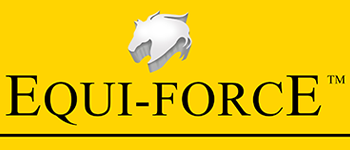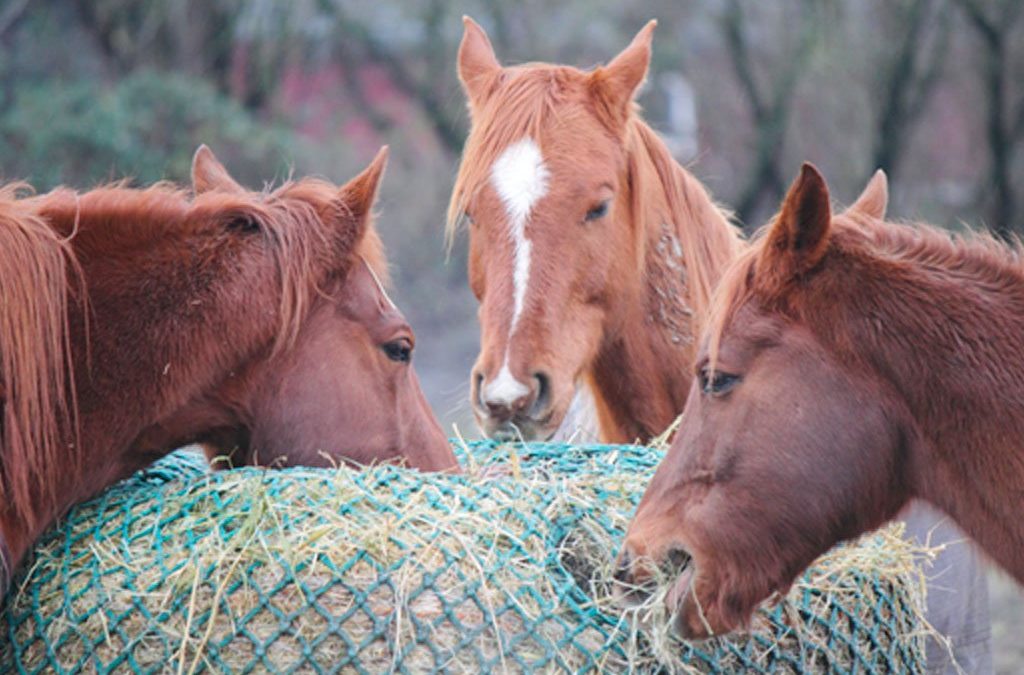
Slow Feeding…What It Means For the Health of Your Horse
Though it’s not really anyone’s fault per se, today’s modern horse keeping practices have unfortunately forced horses into sedentary lifestyles where free ranging and getting plenty of exercise foraging for foodstuffs has essentially become a thing of the past. To compound the problem of too little exercise, many horses are often fed excessive amounts of concentrated rations and high calorie, nutrient dense forages.
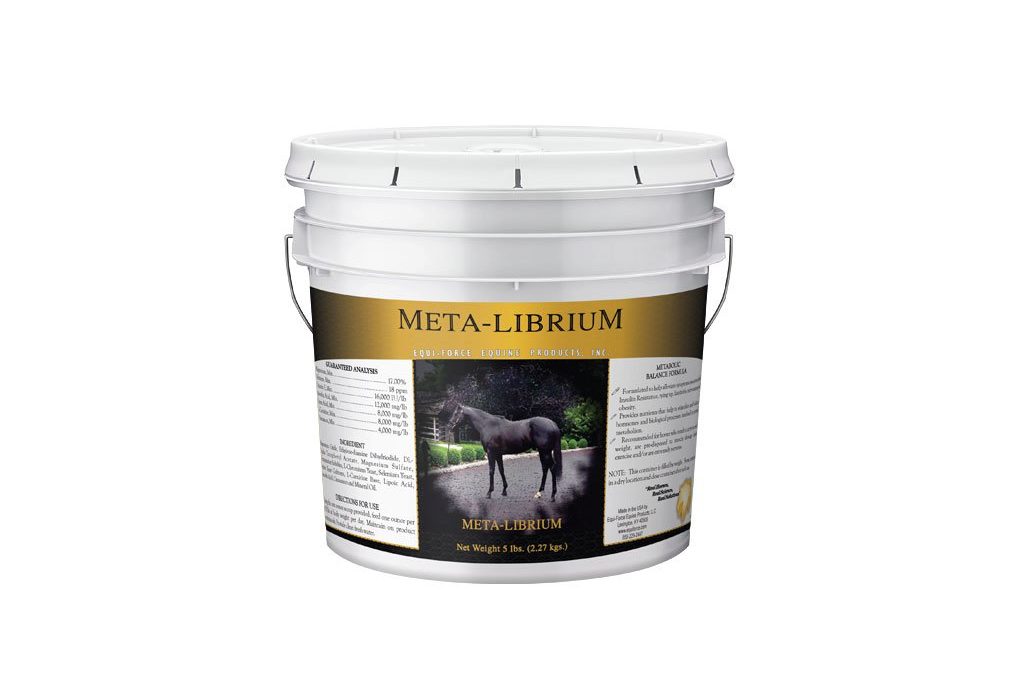
Supplements for Insulin Resistance
When forming a program for your insulin resistant or Cushings’ horse, be sure to keep in mind products such as Meta-Librium to use in conjunction with other proactive measures.
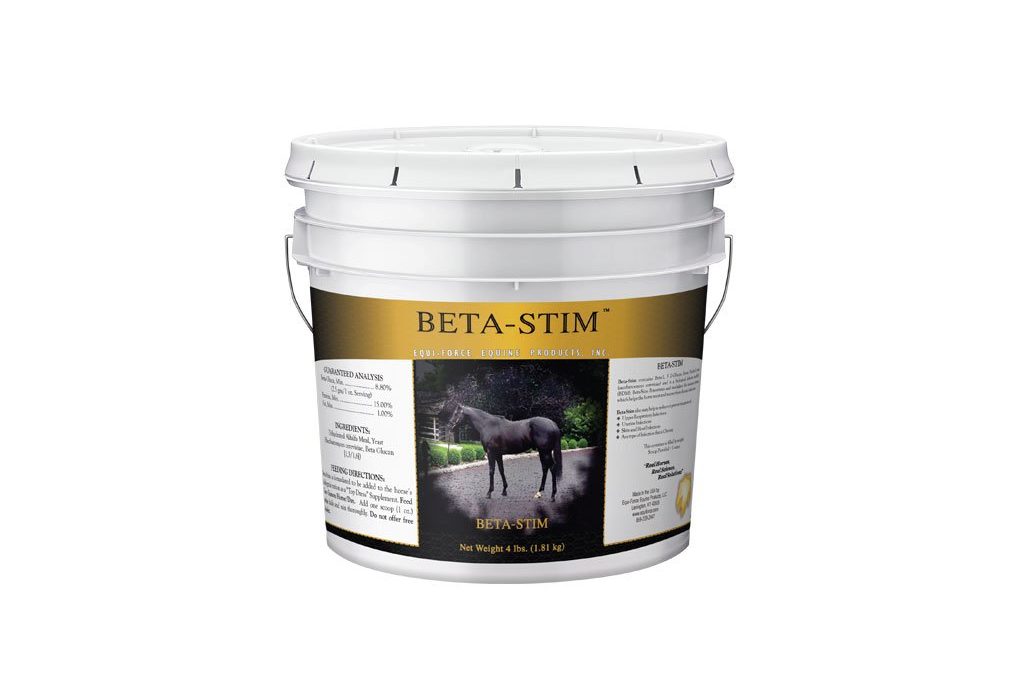
Supporting the Equine Immune System – Beta-Stim™
From time to time all horses can benefit from an immune boost and Beta-Stim™, a novel and unique equine immune supplement, is effective at helping the horse fend off bacterial and viral infection when exposure occurs.
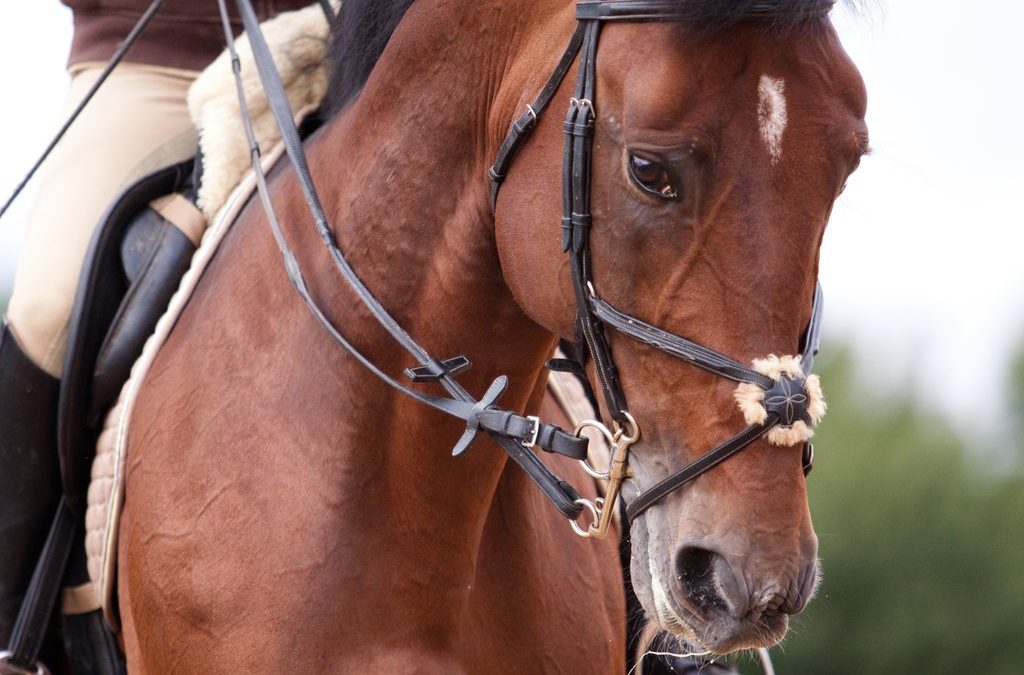
Unique Anatomy and Physiology of The Horse
Vitamins are the organic materials that act as catalysts for a variety of reactions that take place within the horse’s body. This means they speed up chemical reactions, enabling them to take place more quickly and efficiently than they would otherwise. If these catalysts are missing, as in a vitamin deficiency, normal body functions can break down and make the horse susceptible to disease.
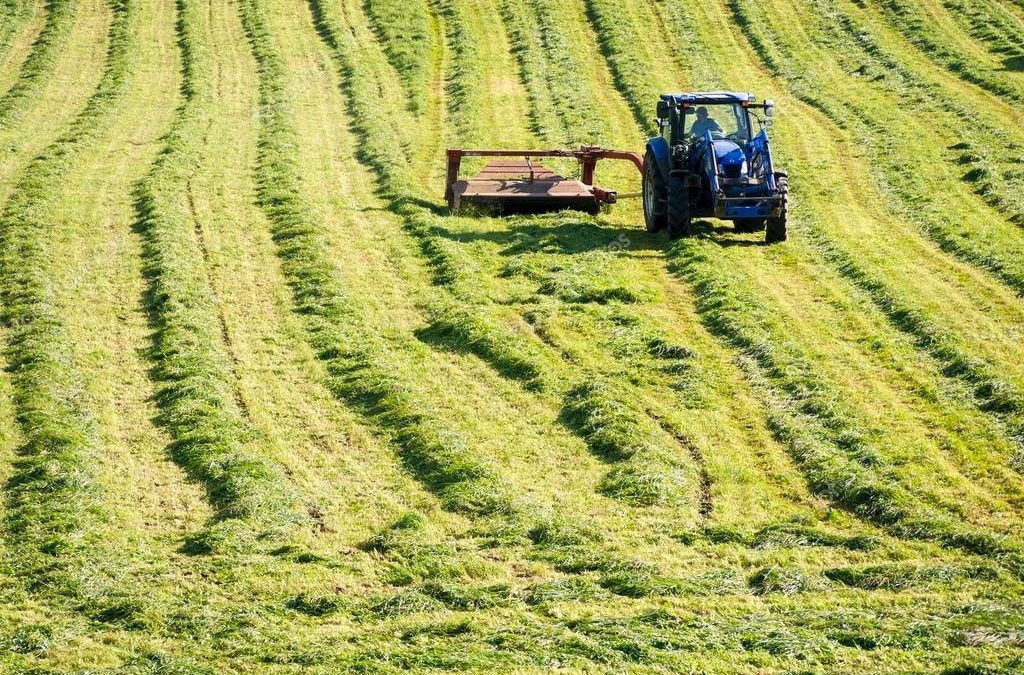
What Makes Good Hay for Horses?
When discussing the quality of hay, we often hear the terms “first cutting”, “second cutting”, and “third cutting”. The type of cutting that hay is derived from has often been used as an indicator of quality, but this method of evaluation is not the most accurate. The thought that first cutting hay is not as good as second or third cutting hay may or may not be true; it depends on the factors that make up quality hay.
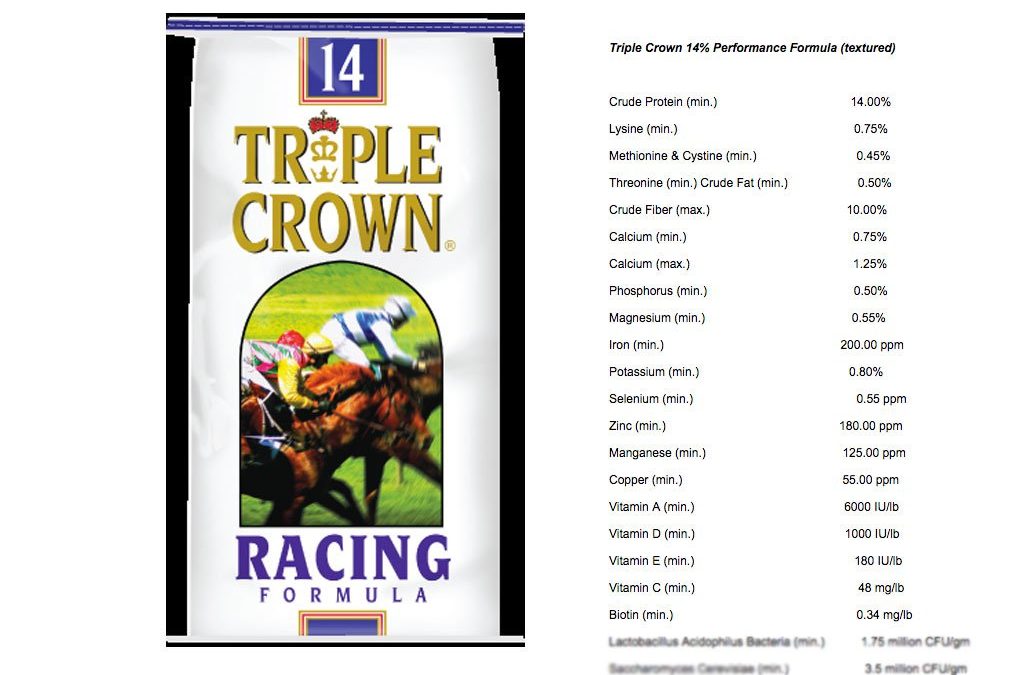
Understanding Feed Tags: Demystifying Ingredients Used in Horse Feed
Ever wonder what precisely is in the feeds formulated for horses? Examination of the feed tag or list of ingredients on the bag can be a daunting task even for the trained professional.
